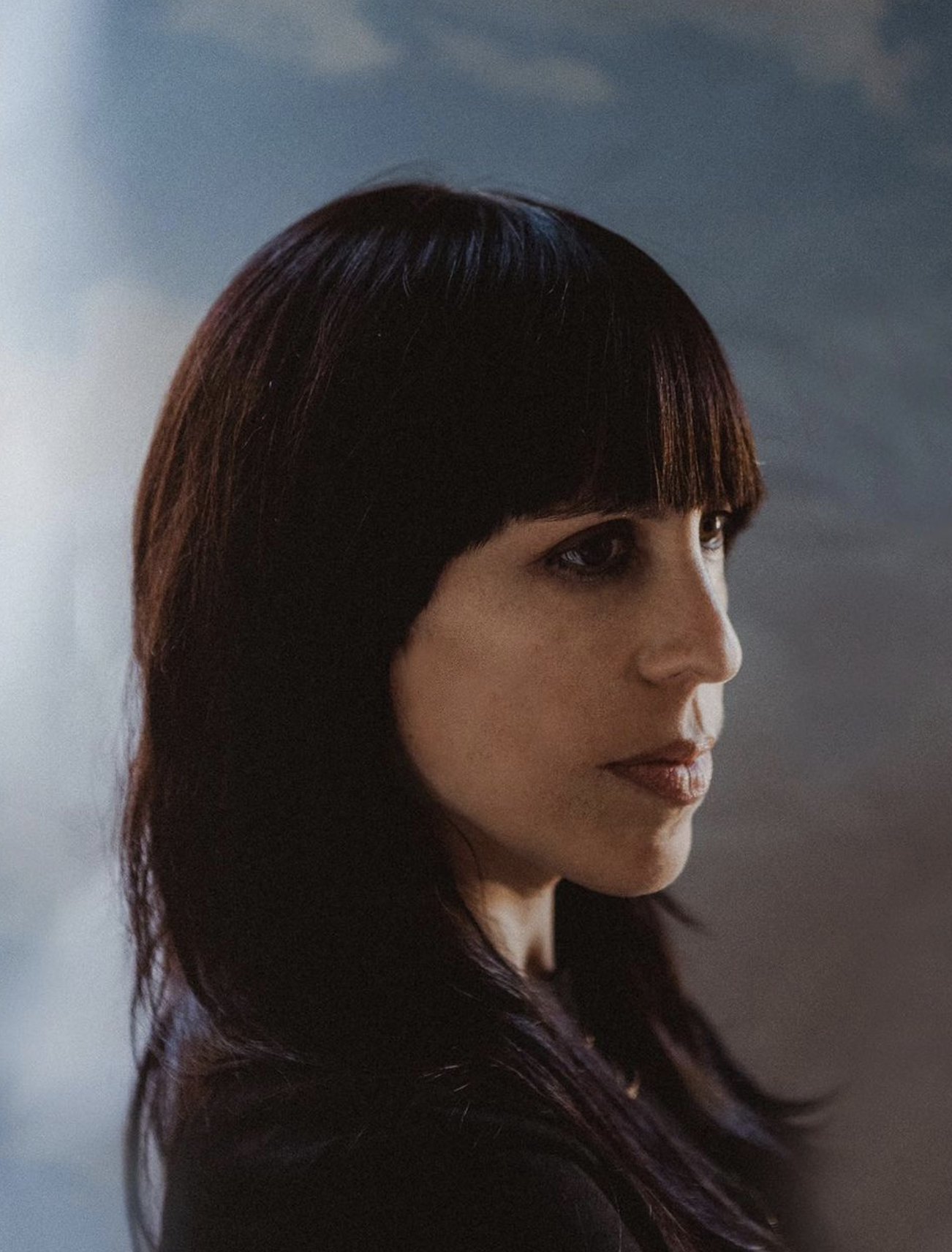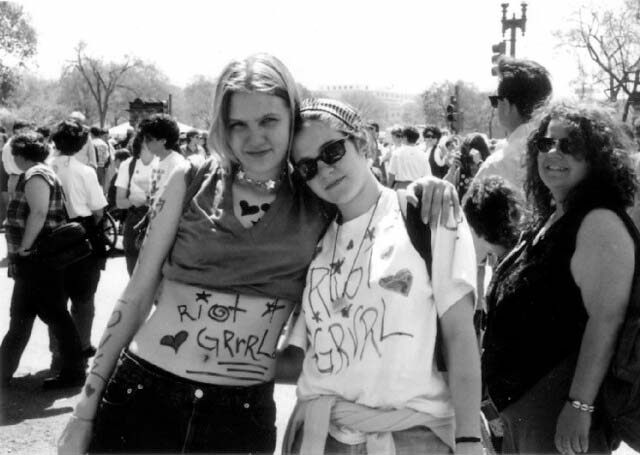- Culture
- 25 Apr 23

Having arrived in a blaze of glory on April 6th, Margot Douaihy’s Scorched Grace, a trailblazing sleuth series with a queer lens, is flipping our expectations of a thriller on its head.
“Within five pages, I was in love with this novel. Sister Holiday is simply a joy of a narrator.” Such begins a rave review of Margot Douaihy’s debut novel Scorched Grace by bestselling author, producer and screenwriter Gillian Flynn. In fact, the Gone Girl scribe was so impressed by Douaihy’s project that Pushkin Vertigo, Flynn’s Zando Books imprint, selected the queer mystery series as its first published work. Rumours of a screen adaptation have also proven correct, with Stone Village Television acquiring film and television rights.
The unforgettable debut is part of a hardboiled-inspired queer mystery series, introducing a haunted, fiery, sardonic yet ultimately caring nun fighting to stay on the righteous path. Early fans include fellow thriller authors Don Winslow, Karin Slaughter and Megan Abbott. Born in Pennsylvania, Margot earned her PhD in Creative Writing from the University of Lancaster. The author’s poetry collections include Bandit/Queen: The Runaway Story of Belle Starr and Scranton Lace. How did she make time for a novel in between teaching and poetry?
“The scale of it is unlike anything that I’ve done,” she shakes her head, smiling. “I had to devote myself to it to such a degree that writing what I wanted to create was such a big undertaking. It just converged all of my interests in a way that nothing else had ever done. It encompassed research, wordplay, clue engineering, plotting, and locking in a lexical DNA for crime.”
View this post on Instagram
Advertisement
Scorched Grace stars Sister Holiday, a chain-smoking, heavily tattooed, queer nun who puts her amateur sleuthing skills to the test. When Saint Sebastian’s School becomes the target of a shocking arson spree, the Sisters of the Sublime Blood and their community are thrust into chaos. Unsatisfied with the officials’ response, sardonic Sister Holiday is determined to unveil the mysterious attacker. Her investigation leads down a path of suspicion and secrets in the sticky, oppressive New Orleans heat. How did Margot get inside the mind of a rebel nun?
“I worked with a few of them when I taught at Marywood University in Pennsylvania,” Douaihy replies. “I read a tremendous amount of biographies by some progressive nuns, like Sister Helen Prejean, Sister Simone Cambell; nuns involved in social change who shared perspectives. I went to Catholic school when I was a kid, so I drew on a lot of my memories.
"While I wanted to really honour the individuality and humanity of these sisters– I took a lot of liberties in trying to create a dynamic protagonist with a lot of movement, flaws, passions, occlusions and biases rather than painting with too broad of a brush.”
 Margot Douaihy by Joanna Chattman.
Margot Douaihy by Joanna Chattman.Margot herself is part of the LGBTQ+ community, which has understandable grievances with the Catholic Church in particular. Putting a queer lens on religion subverts all assumptions, adding new depth to the often-formulaic detective novel approach. How much of a challenge was it to write as a religious figure without harming her community?
“I try to feel my way through that emotionally as well as intellectually because I believe in dialogue and discourse,” Douaihy nods, earnestly. “As I grew older and had to be closeted for a variety of reasons, I distanced myself from the Catholic Church and the practice of worshipping. There are hundreds of years of institutional oppression, violence, harm and destruction - like in the US and Canada’s residential schools. I tried to embrace that dialectic and position an unapologetically out queer nun as sort of an experiment,” she says, from Massachusetts.
Advertisement
“We have 14 states now in the US that are passing legislation against drag performances because of the huge momentum in anti-trans and anti-LGBTQ identities,” Margot stresses. “It’s a moment where fighting for our rights is imperative. The book was reparative for me to write because, while I am no longer a practising Catholic, it’s still part of me and my family. They’re devout and faithful. I felt like I could bridge the worlds in a way that art can do. Even though you get resolution in terms of the ‘whodunit’, I wanted it to be a book of nested questions about faith, identity, harms of the past and bridging a path onwards.”
 The punk Riot Grrrl movement.
The punk Riot Grrrl movement.Early on, Sister Holiday uses ‘they’ in reference to God, who defies earthly definitions.
“That’s not doctrinal law. She believes in Jesus Christ, but Sister Holiday creates her own interpretation. I tried to create contours for a believable character who is tatted up and still has her gold tooth after a bar brawl but still deeply finds authentic truth in her own way,” Margot tells me. “My teachers in school were all nuns above the age of 85. About ten years ago I was in a hot yoga class, and the teacher was walking around, acknowledging all the students, as usual. I remember her saying ‘Sister Nancy, terrific posture,’ and I was like, ‘There’s a nun in our class?’” she laughs. “Even this woke, queer, intersectional feminist woman makes snap judgements’.
“I actually have always been interested in mysteries, particularly detective fiction,” Douaihy grins. “As a kid I loved Marvel, Sherlock Holmes and then noir and hard boiled tales that were really bleak and dark. They were interesting canvases to explore human’s darkest and most innate temptations with plot and narrative sequencing. It’s not about the calamity and body count, it’s about the resilience after hard things happen. I love trying to piece it together.”
Did she feel pressure trying to create such a powerhouse character through a queer lens?
Advertisement
“I definitely wanted the character’s queerness to be a part of her investigative sensibility, so that she could say ‘my experience as a queer woman has given me this expertise,’ whether it’s code switching, reading a room, looking for subtext, searching in unexpected places, looking to make odd synthesis where it might not exist,” Margot emphasises. “I grew up in the ‘don’t ask don’t tell’ era in the 90s. It wasn’t criminalised, but you have to shut up about it. That creates a cascade of communication issues and self confidence problems. I still have problems with internalised homophobia. The flip side of that learning code switching - modern day ‘gaydar’.”
“I drew inspiration from the sensibility of the riot girl, post punk aesthetic. Characters who aren’t afraid to be messy, loud, fulsome and inhabit spaces that are not meant for them.”
Having Gillian Flynn as a high-profile Scorched Grace cheerleader must have been surreal.
View this post on Instagram
“It’s still something that I am trying to metabolise because it is otherworldly and completely insane in the best possible way!” Douaihy laughs, shaking her head. “I was working in obscurity for 15 years, writing poetry before getting up the courage to do this debut. I had the great fortune of linking up with an agent, Laura McDougall in London, who took a chance on me. We worked on revisions. The pandemic came and there was maternity leave for her. The extra time was excellent to double down on my vision, and make it as weird as possible.”
“When she put the book out for submission, we had interest but lots of folks said the writing was ‘too gay’ or they didn’t know how to market such an unusual novel. Then Laura got the news that Gillian Flynn, who had just started her own publishing imprint to discover new intersectional talent and give voice to bold ideas, read the book. She fell in love with it and wanted to acquire the series. She’s a book icon for me. Gillian creates work that becomes part of the cultural discourse and pushes the terrain of storytelling.
Advertisement
“It’s a great, life-affirming lesson that I can share with other writers. Finding your publishing home is just a matter of time. Give yourself compassion. Keep reading and working on your art. You never know where one road will take you,” she grins. “If I were to tell my 15-year-old self that the author of Gone Girl, the global phenomenon, would be publishing my first crime book, I would never in a trillion years comprehend that statement, let alone believe it.”
Scorched Grace is out now via Pushkin Vertigo. Watch Margot Douaihy on Hot Press' My Reading Of It series below.
The new issue of Hot Press is out now.










